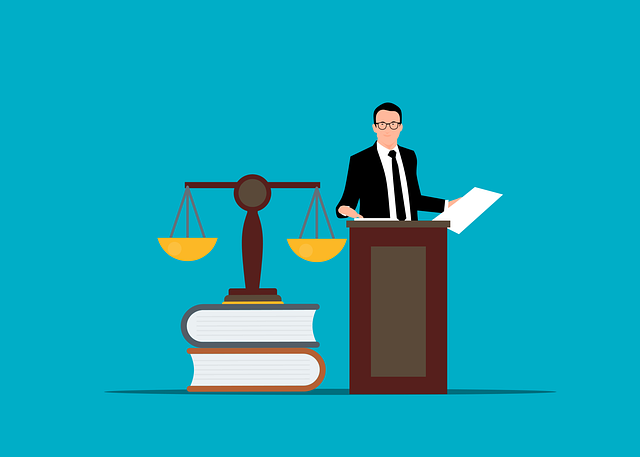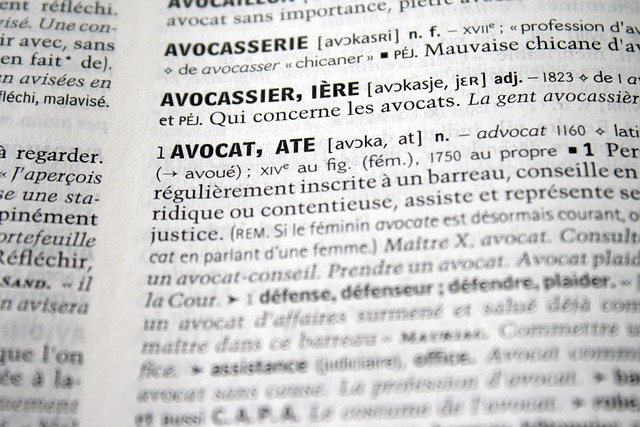Consumer Protection Laws are essential for ensuring fairness and transparency in real estate transactions, empowering individuals to protect their rights through legal remedies against misleading marketing, hidden fees, or contract breaches. The Real Estate Litigation Process Explained involves understanding jurisdiction, investigating violations, and seeking justice through regulatory bodies or individual lawsuits, aiming for settlements or trials. Common disputes include misrepresentations, fraud, or breach of contract, with defenses focusing on lack of fraudulent intent, honest mistakes, or knowing agreement. Businesses face white-collar defenses emphasizing lawful practices and thorough record-keeping to influence favorable outcomes.
“Uncovering the intricacies of consumer protection suits, especially within the context of real estate, is paramount for both buyers and sellers. This comprehensive guide aims to demystify the legal landscape, offering a clear view of consumer protection laws and their significant role in the real estate sector. We’ll navigate the steps involved in filing such lawsuits, providing insights into the process and common pitfalls. By understanding these dynamics, individuals can protect their rights and make informed decisions in the often complex world of Real Estate Litigation Process Explained.”
- Understanding Consumer Protection Laws and Their Relevance in Real Estate
- The Legal Process of Filing a Consumer Protection Suit
- Common Issues and Defenses in Real Estate Litigation Cases
Understanding Consumer Protection Laws and Their Relevance in Real Estate

Consumer Protection Laws play a pivotal role in safeguarding individuals’ rights in various sectors, including real estate. These laws are designed to ensure fair practices and prevent businesses from engaging in deceptive or fraudulent activities. In the context of real estate, such legislation is crucial as transactions can be complex and often involve substantial financial investments. The Real Estate Litigation Process Explained involves understanding these protections and knowing how to navigate disputes that may arise.
When a consumer believes they have been wronged during a real estate transaction, they can invoke legal remedies under consumer protection laws. This might include scenarios where buyers face misleading marketing, hidden fees, or breach of contract by sellers or intermediaries. A well-informed understanding of these laws empowers individuals to not only avoid indictment but also to mount winning challenging defense verdicts. By knowing their rights and the applicable regulations, consumers can better protect themselves and achieve extraordinary results in the event of disputes.
The Legal Process of Filing a Consumer Protection Suit

When consumers feel their rights have been violated by businesses or individuals, they can take legal action under consumer protection laws. The first step in this process is to understand the applicable law and jurisdiction. Consumer protection lawsuits typically fall under state or federal legislation, each with its own set of regulations and procedures. Once the relevant laws are identified, consumers can file a complaint with the appropriate regulatory body or government agency responsible for investigating such matters.
The legal process involves several key stages. Initially, a thorough investigation is conducted to gather evidence and determine if a violation has occurred. This includes reviewing documentation, interviewing witnesses, and analyzing market practices. If sufficient evidence supports the claim, the agency may pursue legal action by filing a lawsuit on behalf of affected consumers or individuals can choose to file their own suit in civil court. The case then progresses through all stages of the investigative and enforcement process, which can result in a settlement or trial. Achieving extraordinary results is possible through diligent legal representation, thorough investigation, and a commitment to upholding consumer rights.
Common Issues and Defenses in Real Estate Litigation Cases

In Real Estate Litigation Process Explained, common issues often arise from misrepresentations, fraud, or breach of contract during property transactions. These cases involve disputes over purchase agreements, sales, leases, and even zoning regulations. Buyers may claim sellers misled them about property conditions, while tenants might argue against unfair lease terms. Defenses in such cases typically center around proving the absence of fraudulent intent, demonstrating honest mistakes, or showing that the agreement was entered into knowingly and voluntarily.
One notable aspect of these litigations is the presence of white-collar defenses. In avoiding indictment scenarios, businesses and individuals may employ strategies to protect themselves from criminal charges. These defenses often involve arguing for a lack of malicious intent, claiming compliance with relevant laws and regulations, or presenting evidence of legitimate business practices. The respective business’s track record, financial statements, and documentation related to the transaction can significantly influence the outcome, making thorough record-keeping crucial in the real estate litigation process.
Understanding consumer protection laws is paramount for both buyers and sellers in the real estate market. By knowing their rights and the legal process involved, individuals can navigate potential issues with confidence. This article has provided an overview of these protections, from the legal framework to common pitfalls, empowering readers to recognize and address violations effectively. As the real estate litigation process explained herein demonstrates, standing up for one’s rights is a crucial step in ensuring fair practices within this vital sector.






